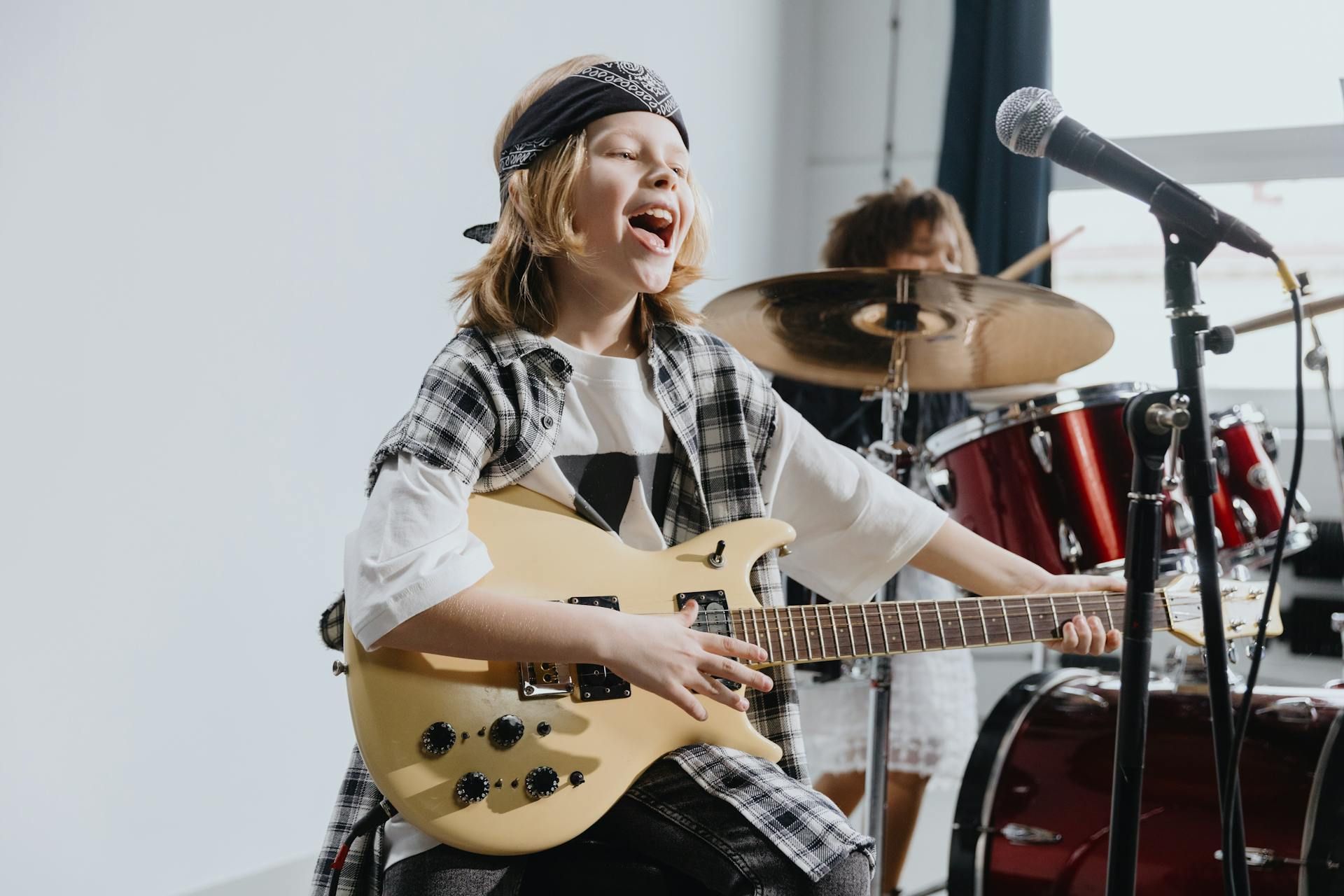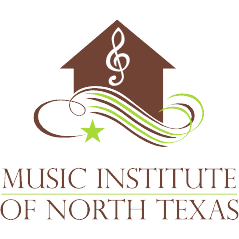
How Music Classes in Frisco Build Social Skills Fast
Music classes give students more than just technique or note reading. They help shape the way kids and teens connect with each other. Whether through a shared rhythm or a group warm-up, playing music together opens doors to friendships, teamwork, and confidence. For families looking at music classes in Frisco, the pace of social growth often comes as a welcome surprise.
In a busy town like this, where many kids have packed afternoons filled with school, sports, and homework, music can provide a different kind of space. It encourages slower, focused interaction. Within a few weeks, students often start opening up, supporting each other, and enjoying a team-style setting outside of school. Social growth here doesn’t take years to build. It happens quickly when the environment feels encouraging and fun.
The Group Setting: Learning to Communicate and Cooperate
Group music classes naturally create chances for students to work together. They learn how to take turns, wait for cues, and adjust their timing based on the group’s pace. That is a lot of listening and noticing, even in a short half-hour class.
For example, when a group practices a rhythm exercise, one student may need to enter on a certain beat while others stay quiet. That interaction teaches patience and awareness. Younger players get to practice following directions like “play after the claps,” while older students start picking up how to enter with their section without a direct prompt. These skills kick in quickly, often without students realizing they are learning them.
Games, musical challenges, and group tasks keep students connected. Whether through eye contact, hand signals, or just listening closely, kids begin to understand they are part of something that works best when everyone participates. The lessons are not just about music. They are about sharing space, making room for others, and finding the right moment to speak—or play.
Teacher-Led Interaction Builds Confidence
The role of the teacher matters a lot here. A thoughtful music teacher doesn’t just lead the group. They guide conversation, support quieter students, and model the kind of social behavior that helps the group grow together.
In many classes, teachers ask students to share ideas, lead short segments, or talk about how a piece felt to play. These chances to share build comfort. When kids know they can speak without being judged, they feel more confident trying something new. That is one reason shy students often start participating more through music.
Mistakes are expected, especially during new exercises, and this steady sense of support makes all the difference. Students realize that nobody minds if they miss a beat. What matters more is checking in, asking for another try, or cheering someone else on. Through these steps, social confidence grows right alongside musical skill.
Music Institute of North Texas music classes in Frisco are available for a range of ages, from preschoolers to teens, with teachers skilled in creating welcoming and interactive group experiences.
Friendships Through Music
Because most classes meet weekly, classmates start to feel familiar. Over time, shared routines like warm-ups, call-and-response drumming, or group play-alongs help students bond in small but real ways.
We have seen students high-five after finishing a tricky rhythm exercise together. During class transitions or tuning time, conversations spark naturally—about musical pieces, school, or weekend plans. These small moments slowly build relationships.
With steady attendance, students begin to feel part of something. For kids who may not connect with sports teams or large classroom settings, the familiarity of a music class gives them another way to belong. Having a classmate remember your part or laugh with you at a missed note can turn into a real friendship over time.
Group classes at Music Institute of North Texas include options for piano, guitar, strings, and early childhood music, offering every student a way to connect with others through shared practice.
Real-Life Social Takeaways from Class
The social benefits do not end when class does. The patience learned in music class transfers to group projects at school. The habit of checking if someone is ready before starting shows up during playground games, study groups, or after-school clubs.
Even just performing in front of a small group can change things. The nervous energy becomes practice for bigger presentations or talking in front of the class. Every time a student plays with or for others, that small win chips away at some of the nerves.
Students also become experts at reading cues and group dynamics. They notice when someone’s unsure, when a peer is about to play, or when the group needs a second to regroup. That skill at reading body language and tone sticks with them, making all kinds of group settings more comfortable later on.
The Fast-Track Advantage of Group Music
Music classes in Frisco give students space to connect in their own way. The group setting makes social practice part of every lesson, but never forces anyone ahead too quickly. There is room to listen, try, and learn at a pace that feels comfortable.
When kids are learning something they enjoy—like playing a rhythm together or matching a melody—they open up, share, and build trust. Real confidence grows fastest when students have fun together, and that is what keeps friendships blooming in group music lessons. The structure of weekly classes helps students find belonging, social growth, and support that can last long after the music stops.
At the Music Institute of North Texas, we’ve seen how quickly students grow when they’re part of something structured, shared, and fun. Curious about how your child can build real connections while learning to play? Our music classes in Frisco
offer a relaxed, group-centered setting where friendships and confidence often come naturally.
